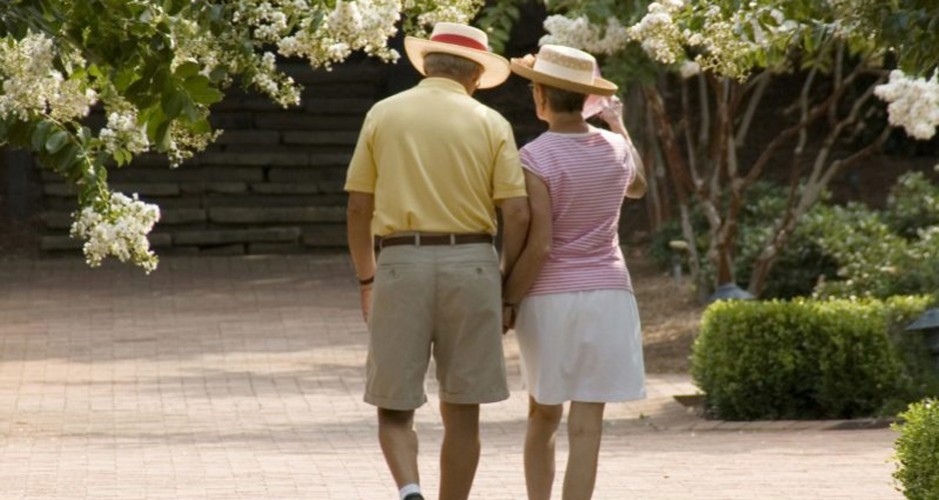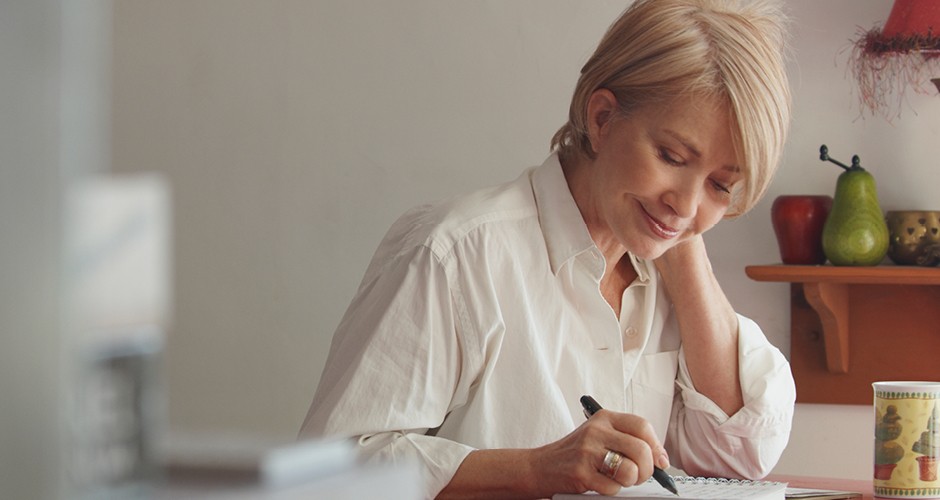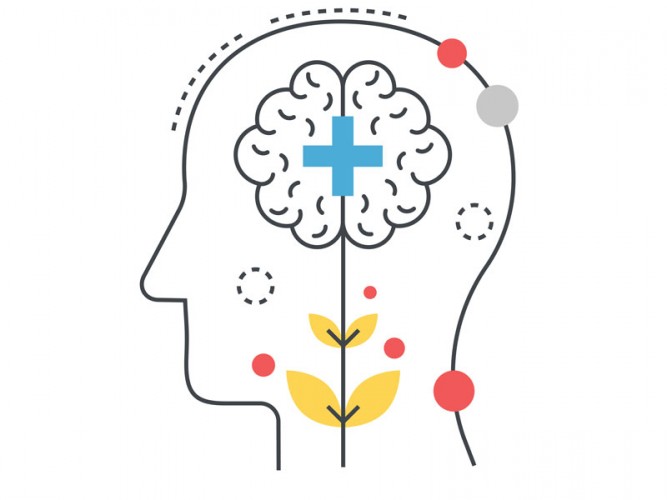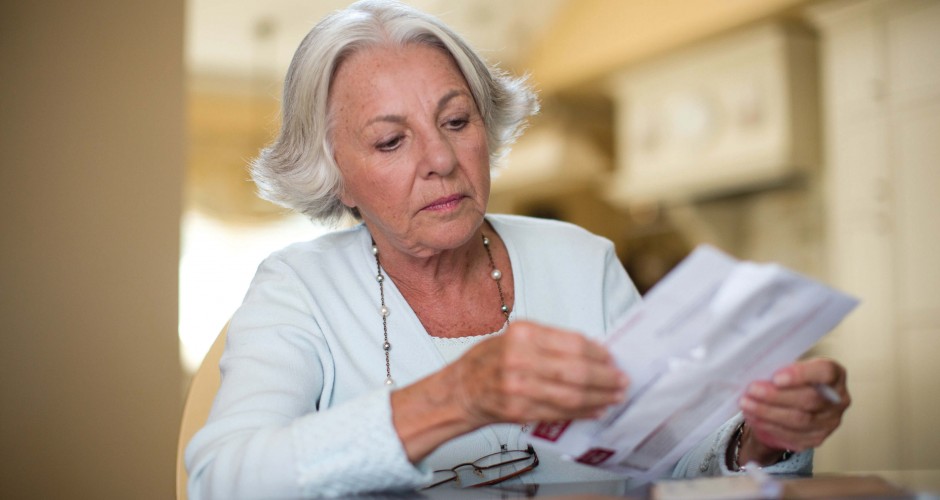By now, it goes without saying: The COVID-19 pandemic has been hard.
Hard on businesses, hard on parents and grandparents, hard on children, hard on caregivers, and the list goes on and on. It’s just been hard.
It’s impacted everything and everyone, including the mental well-being of many. Karla Salem, an integrative health therapist at Sanford Health, recently shared her perspective on the pandemic’s mental health impact with host Alan Helgeson on the Sanford Health radio show “A Better You” on KSOO in Sioux Falls, South Dakota.
Fewer outlets
Karla says that because the COVID-19 quarantine forced everyone to slow down, people had more time for anxious and heavy thoughts to creep in, without access to typical outlets.
“They've slowed down quite a bit. They are not running to stores all the time. They're not doing errands, they're not out and about. The slowdown has caused time for reflection, or it can be time for becoming more anxious,” she says.
She adds that “because there's still a stigma about mental health,” many people don't speak up when they're concerned about their mental well-being and experiencing feelings or symptoms of anxiety or depression.
“One of the main places people talk about any kind of mental health problems or anxiety over the course of the year is when they go to their doctor for their annual physical. That's usually when they share any kind of things that are going on,” she says.
Related: Journaling can improve mental health and wellness
This combination of forced changes, and fewer outlets to deal with the stress of those changes, has impacted how people respond to the elevated stress. And, because the pandemic has had a way of exasperating those feelings, some have reached a breaking point of acknowledging they need help.
“Sometimes people will say, ‘You know what? I really would like to deal with this.’ I had one patient come to me, and I asked, ‘What can I do? How can I help you?’ And she said, ‘Well, my doctor has told me to come see you for the last five years now. It's time.’”
“I make the parallel between people and fruit. You're ready when you're ripe," says Karla.
But, the COVID-19 quarantine has also given people more time to think about how they respond.
“Many people have had to change their lifestyle. They've chosen to change some things about their lifestyle, and I think this is a really good time to evaluate that, and what they like, and what they don't like,” she says.
Take what you need with you
Karla says the habits developed during quarantine can help an individual's mental well-being going forward, as restrictions are lifted.
“One suggestion for people with families might be to think about what kinds of habits or activities did they do during this time when they were more encapsulated, and figure out what they want to take forward,” Karla says.
“Maybe they cooked dinner together once a week, or maybe they had a game night once a week, or maybe they want to do something that was reminiscent of good family time, and carry that forward. And, try and talk about that with family," she adds.
She suggests that parents individually figure out the best routine for themselves, and their families, going forward.
“As far as individually, some parents are going to be going back to work. Some are going to stay remotely home. Figure out what is the best kind of flow for your family. Who needs to be responsible for what?”
“Now would be a good time. This came on us very quickly. People have been organizing as they go, but now it'd be a good time to sit down and organize,” says Karla.
Learn more: Advice for living life in the ‘new normal’
Even though more restrictions are being lifted, it's still a limiting time for typical summer activities. Because of this, Karla says it's all the more important for both families and individuals to identify healthy quarantine habits, and adopt those into new practices.
“It's kind of figuring out what it is you enjoyed about this time. Did you pick up a book? Binge watch a series? Did you spend some time on your house organizing it? What about going to parks? Is that something you want to incorporate?"
Continuing those practices can make returning to “normal” an easier transition.
“Figure out what you want your own boundaries to be. Figure out how you want to implement what you've already gone through. That way you have either a gradual integration back into the world, or back into the life that you were experiencing. Or, pick and choose the parts of your life you liked, and emphasize that," says Karla.
‘Like muscle memory’
Not only will those practices make for an easier transition, it will also help to eliminate pre-COVID stresses, says Karla.
“Discard the things that were maybe causing you stress before COVID even came into existence. It's like muscle memory. If you have a way of walking that's bad for your back, you actually have to practice to not walk that way. As soon as you just go back into the same old thing, you will start having pain again. This would be the metaphor,” she says.
“So, if you start thinking, ‘I'm on a roller-coaster again, my brain is going too fast, I can't get everything in, and I'm overwhelmed,’ remember that there was a time when I was more relaxed. Or, when I slowed down, I felt more present," she says. “Be aware of yourself, and think about what you're doing, think about what's changed, and think about what you want to do going forward.”
Information in this article was accurate when it was posted. As the COVID-19 pandemic continues, scientific understanding and guidelines may have changed since the original publication date. Read more about the COVID-19 vaccines.




